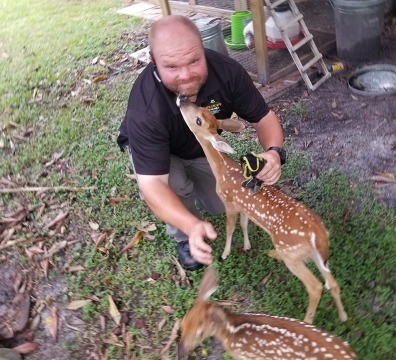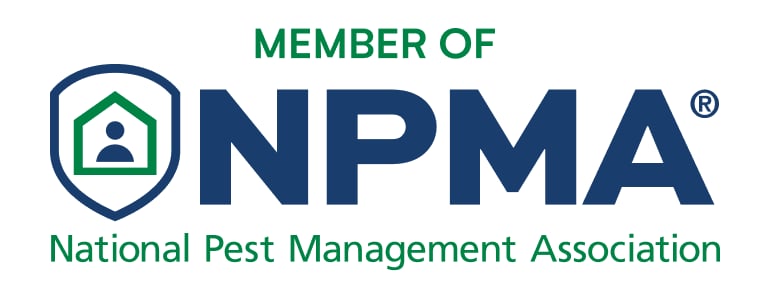Protect Your Buildings:
If you are confident that your mouse or rodent problem has not moved inside, it’s time to take preventative steps to make sure they don’t come in from your yard.
The first task is to make your structures as rodent proof as could reasonably be expected.
Search for potential openings, which could be under entryways, through windows, through crawl space passageways, through an attic vent, or even through breaks and openings that can be as small as a nickel (for mice) or a quarter (for rodents).
Utilize weather stripping, entryway seals, steel wool, cedar boards, 1/8-inch equipment material, etc to seal openings, cracks, or other potential entry points that you discover.
Keep in mind – you need to do this for every structure on your property, including car ports, playhouses, garages, sheds and other ancillary structures.
Clean Your Yard
The next stage in eliminating rodents from your lawn is to give your yard a proper cleaning.
This means removing scrap piles and disposing of any messes in your yard. Rats and mice use these structures as a way to hide and get shelter.
Secure Your Garbage Cans
If you keep your trash cans in or close to your lawn, ensure the tops firmly fit so that rodents can’t get in.
On the off chance that your garbage cans cannot be appropriately closed consistently, go buy new ones that can! Rodents love garbage bins.
It is imperative to keep the area around your trash cans free from loose trash, food scraps, and spills that may draw in rodents to your yard.
Move, Replace or Get Rid of Your Compost
Compost is a wondrous thing and an excellent method to lessen waste sent to the landfill. It also makes supplement rich manure that will help your garden.
Notwithstanding these benefits, when you toss food scraps, cardboard, paper, and so on – into your compost heap, you might as well be rat Santa Claus!
Having a consistent supply of food and settling material is the last thing you need to offer when attempting to get rid of rats in your yard
This doesn’t mean that you shouldn’t compost, but it means that you may need to relocate a compost heap or container off the ground.
If you have a rodent issue, buy an above ground compost can that rodents can’t get to. Keep it shut consistently and ensure it is set away from trees, fences, or structures.
If you like to keep your compost receptacle on the ground, buy a canister and keep the lid secure.
It would help if you use a tight, thick wire mesh underneath your compost can. Remember if you don’t, that rats can bite through plastic, wood, and thin wire, and it is likely they will eventually discover a path inside.










